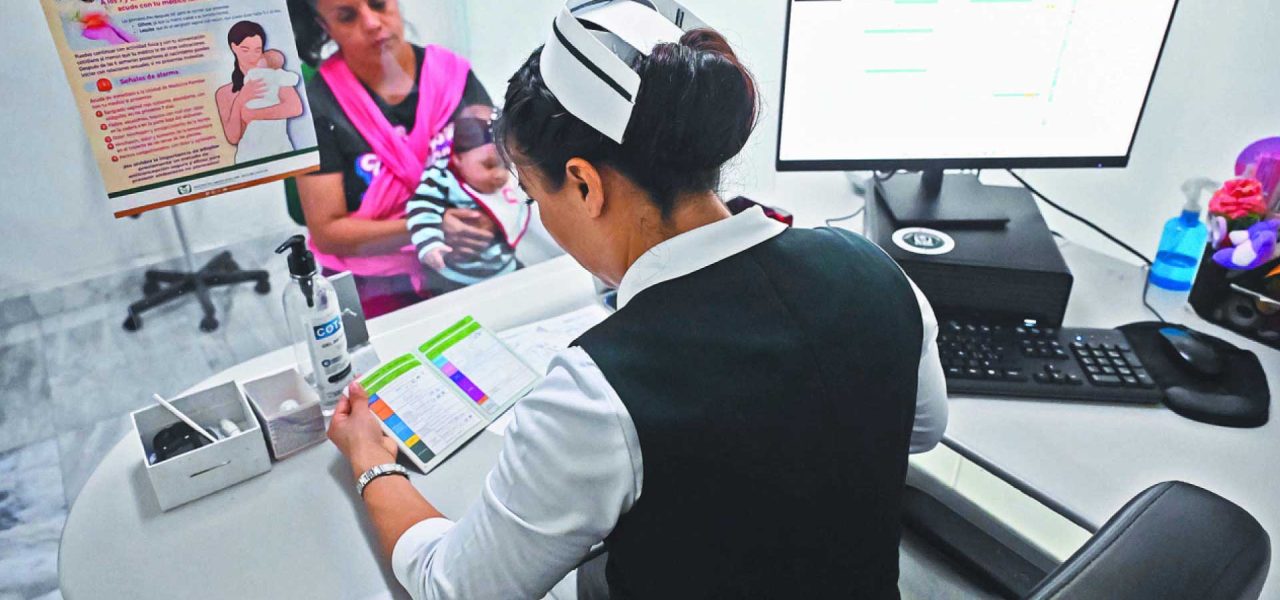After a historic increase in the number of workers’ registrations with the Mexican Social Security Institute (IMSS) during July, with 1,266,025 new workers being registered, consolidating a total of 23,591,691 formal job positions in the country, the door opens to a fundamental right: unionization.
With the official recognition of platform work, those workers that have taken the first step toward formal employment through their registration with social security can now move toward unionization. “This step forward will allow them to demand and defend their collective labor rights, which arise directly from the recent reform”, said Claudio Martínez, an associate at D&MAbogados, in an interview.
He added that “the next logical step is that digital platform workers now have the right to unionize. Thus, I believe that this is one of the most important points because, to date, we have not seen this yet, but in a few months we will start to see instances of collective bargaining in regard to digital platforms which, together with social security, will provide all of these young people who are in a digital economy access to a greater protection of their rights through unions”, Martínez said.
It is worth recalling that the first data from the pilot program shows that 80% of people work in a single platform, that is, 1,046,137 people; additionally, 74% of platform workers depend on this job as their primary source of income, disproving the idea that this is merely a salary complement.
And, with the labor reform of 2019, in the last 6 years, 600,000 people have joined a union, which could change if platform workers seek to become unionized.
In this sense, Martínez explained that it is recommended that companies that operate in a digital market “start looking to the Institute in order to register and protect their workers through social security and also to understand that, as this is a pilot program, it is important for everyone to register so that both the Institute and the users are able to detect which are the areas of opportunity or the areas in which we can support the Institute in order to make this access to social security much more effective for everyone.”



